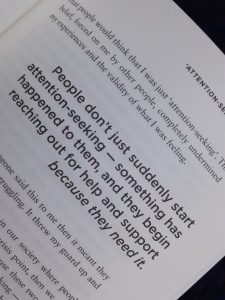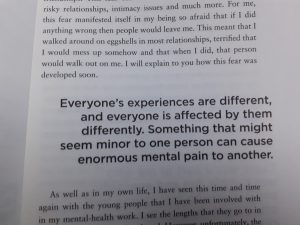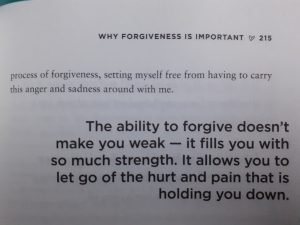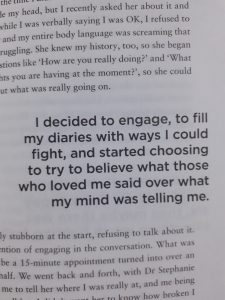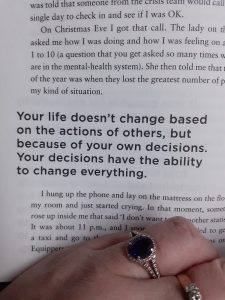-
Recently I was asked to talk about how to best support 4-6yr old girls who are full of attitude and their current mission in life is to ensure others follow the ‘rules’, even when they may not neccesarily themselves. Noticing others not abiding by the rules and commenting to the point where it can feel embarrassing for the adult.
RULE POLICE
Many children go through this stage. They have most likely had ‘rules and expectations’ drilled in to them since they were young and they know people can get hurt or upset to see others not following rules.
But when your child starts calling people out in public it can feel like they have gone to far.
My response to this would be to try to flip it.
Focus on the Positive Opposite.
Rather than commenting on how their name pointing isn’t kind, focus on noticing people making good choices. Start noticing and acknowledging people doing good things while out with your child.
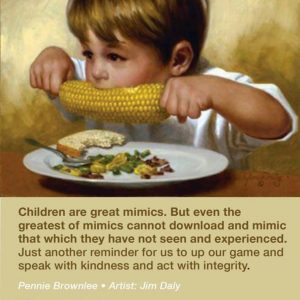
Notice when people put their rubbish in the bin, or when they wait to let others confront of them in the queue etc. If there isn’t anyone making good choices around at the time, I would simply respond short and sweet with something like “perhaps they are still learning about that.”
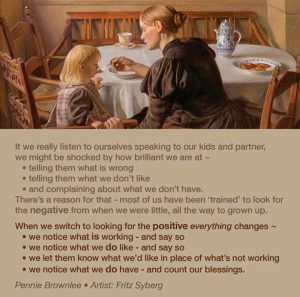
Model the behaviour you want to see.
The more you point out good choices people are making the more your child will notice and see you are putting your attention in to those who are doing good things, instead of noticing those who are not.
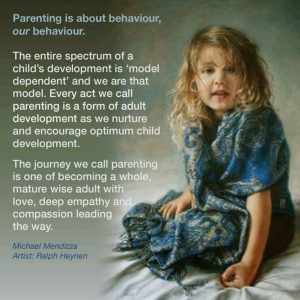
Praise
When your child notices other people’s good choices, praise them “great noticing….”.
Because, where your attention goes, their behaviour grows.
HIGH EMOTIONS
Dealing with High emotions, particularly in young girls, can be challenging. But, we should not react, because, “where my attention goes, their behaviour grows”.

So, when your child is bring a little sassy, respond calmly and briefly, make your expectation clear…
“When you are calm, then we can work together a solution”
“We use kind words”
“In this house, we speak kind to each other”.
“Show me kind” is also a good one.

If your child is expressing the same challenging behaviors often, I recommend responding by focusing on the behavior you want to see more of and praising it. Make this your focus. For example, whenever they DO speak calmly to you or ask for something in nice tone, recognise and praise them for it…. “great kind words” or “that’s a great way to ask”. Verbal praise is great because its specific. The word ‘great’ works well.
Soon your child will learn that ‘when I use kind words, I get a response and more likely get what I’m looking for. When I am not kind, mum doesn’t listen, or give me what I’m wanting, or let me do these great things’
Praise the behaviour you want to see and ignore the behaviour you dont.
It’s really beneficial to work on one behavioural challenge at a time so you can focus on the praise (all the praising will make you feel sick, but trust me, it is soooo worth it)!
Keep your praise consistent to the behaviour you are trying to encourage. As you do this more, your praise can become non verbal, a thumbs up, a high five, even a wink.
These tips and tricks pretty much go for all behaviours that challenge you.
If you dont like it, focus on the positive oppositie.
Model and highlight the behaviour you want to see… this often means it is up to us as the adult to recheck our modeled behaviour. Highlighting happens through verbally recognizing “I notice…..”
Praise the ‘positive opposite’ behaviour as often as you can.

Kia kaha



